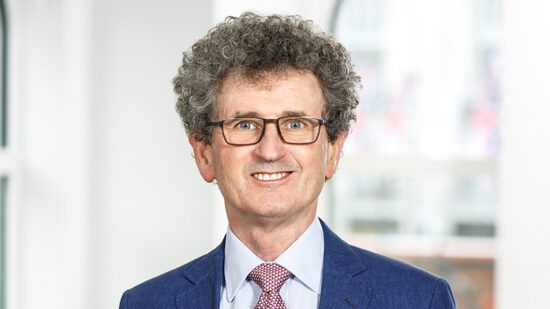Investors should not be concerned if some companies with poor ESG credentials outperform in the short-term, a prominent fund manager has warned.
Answering questions alongside a panel of his peers at the Expert Investor ESG Congress in Berlin, Viktor Szabó, investment director, emerging markets debt, at Aberdeen Standard Investments said the market will need time to build statistical evidence that companies with positive ESG scores outperform across market cycles.
He underscored that the current enthusiasm for investments with strong environmental, social and governance credentials was creating “momentum” for ESG assets, meaning certain investments are now more highly valued because of current sentiment.
He explained: “More and more investors are pouring into ESG, so we have momentum. Therefore, non-ESG assets might be so cheap that they actually might outperform in the short-term.
“To have really significant evidence, you have to look through a few market cycles, at data which none of us currently have.”
The honest assessment of the landscape was well-received by delegates attending the event.
Ben Constable-Maxwell, head of sustainability and impact investing, at M&G Investments was asked whether filtering investment portfolios because of ESG-related risks could have unintended consequences like exposing investors to unintended factors, like momentum or value.
“It comes down to how you define ESG,” he said. “If you are simply excluding certain sectors, or excluding poor ESG performers, or those in breach of global compact standards, you are reducing your universe and that could impact your returns.
“ESG is completely different. It is about good businesses which are capturing developing trends. It is an investment approach that uses ESG as a risk framework to make better investment decisions. The argument that you need to sacrifice returns has gone out of the window.”
Constable-Maxwell said ESG should be considered a “framework” to better understand companies but admitted that there will always be a differentiation in approaches between investment companies.
He added: “The green-washers will be found out!”
Fellow panellist, Alexander Monk, global commodities analyst at Schroders, said it was important for fund selectors, and investors, to distinguish the underlying investments from the investment approach.
He explained: “It is really important to separate what you are investing in, with how you are investing. Just because renewable energy has sustainable properties doesn’t mean all renewable energy companies are sustainable.”








